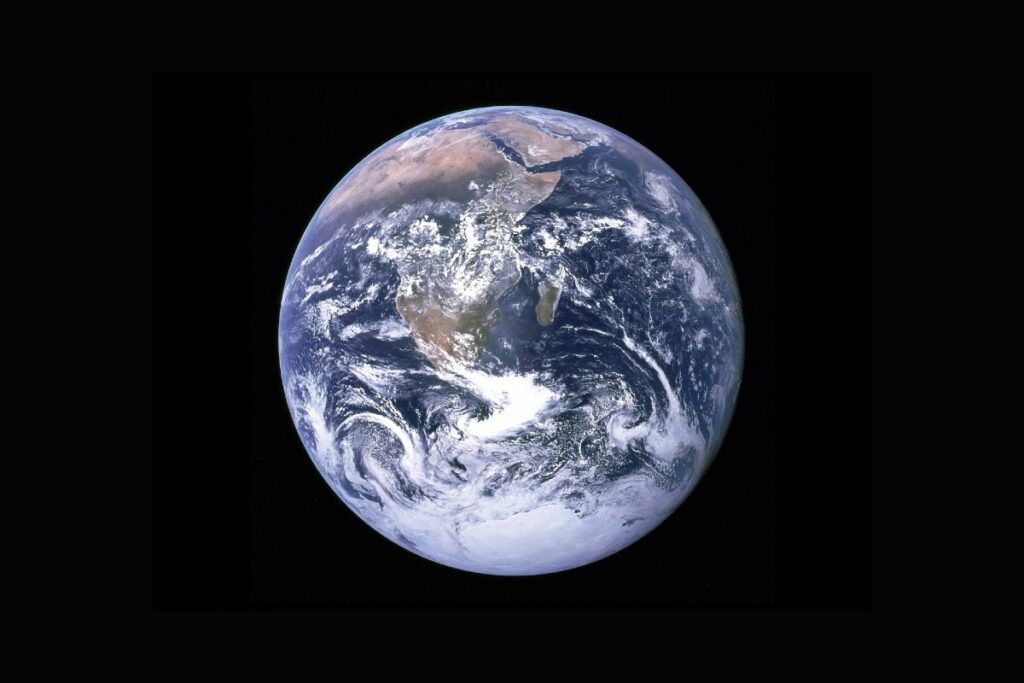By Elliott Brack
Editor and Publisher, GwinnettForum
SEPT. 27, 2024 | For what purpose did God put man on Earth?
![]() We’re no theologian, or even a deep thinker, but we think we know the answer to this question.
We’re no theologian, or even a deep thinker, but we think we know the answer to this question.
God put man on this Earth to solve problems, and to make it, overall, a place for mankind to live in better and better conditions. In turn, this gives mankind a chance to have more time to think, and improve Earth even more.
Now recognize that I come to this conclusion living in the Western world in pretty good surroundings. Many, many people on this Earth do not live in such luxury as do the majority of Americans. Yet even in many third-world nations, these people have progressed considerably from the world of Adam and Eve. Just think of the many, many more ways mankind has lived in improved circumstances since fig leaves were the only clothing.
And that’s just for starters. Since mankind populated the Earth, there has come small improvements, then large improvements, each one helping make it easier to live on this planet. There are the small items….like fire. Then hatchets….bows and arrows….and leaps toward the beginning of the industrial age, with the steam engine, reaping linen from flax, the cotton gin, the automobile, airplanes, computers, rocket ships. Each of these came from some solitary person, and later trained scientists, studying problems, and figuring out a solution. And in the wayward course, the living conditions of mankind improved.
You wonder how many of these early change agents recognized the hand of God in what he or she did to improve our lives?
What stimulated this was an item we read recently about one way to stem climate change.
The first paragraph read: “PICTOU COUNTY, Nova Scotia—In a quiet patch of forest in Nova Scotia, a company is building a machine designed to help slow global warming by transforming Earth’s rivers and oceans into giant sponges that absorb carbon dioxide from the air.”
This machine will grind up limestone into a powder, then release it into a nearby river, producing a chalky plume, which will then dissolve itself within minutes. You see, rivers contain carbon dioxide that constantly escapes into the air, trapping heat and warming the planet.
The limestone converts some of the carbon dioxide into a stable molecule that stays in the water and washes into the ocean, trapped for what scientists believe will be thousands of years. It’s called a simple technology of grinding up limestone and dissolving it in water, all easily done, and could produce enormous benefits. For details, see the September 23, 2024 New York Times.
Now think back: ever since mankind started thriving and reproducing on this earth, small individual improvements have continuously evolved. It certainly didn’t happen all at once. Today’s modern living is a culmination of these many, many developments where someone, either curious or lucky, recognized a new way. Mankind has essentially continued to produce a better mousetrap. And we all have benefitted.
The author, William Faulkner, may have said it best in part of his Nobel Prize acceptance speech: “I believe that man will not merely endure: he will prevail. He is immortal, not because he alone among creatures has an inexhaustible voice, but because he has a soul, a spirit capable of compassion and sacrifice and endurance…..the pillars…help him endure and prevail.”
We still have a long way to go to solve all our problems. But we feel deeply that God put mankind here on Earth, as the author says, to prevail.
- Have a comment? Click here to send an email.










Follow Us